The European Conservatives and Reformists (ECR) aim to be a voice for fostering dialogue among various conservative groups. They consider it vital to eliminate ideological differences among center-right forces and present a united front within EU institutions.
Antonio Giordano, an MEP of the Brothers of Italy party and secretary-general of the European Reformists and Conservatives, told Magyar Nemzet that the ECR consistently places dialogue at the center of its efforts. He said they seek to engage in dialogue with everyone, as it is the best way to overcome ideological barriers. This is why the ECR invited center-right forces from across Europe to the Family Congress, including members of the Patriots for Europe party family, and European People’s Party politicians. Naturally, members of Italy's Lega, which is also part of the Patriots, were also in attendance.
ECR's secretary general emphasized that the family is a central issue in center-right politics, which is why this congress in Croatia, focused on demographic challenges, was held for the second time.
He lamented the fact that the family often finds itself in the crosshairs of ideological attacks. The conservatives’ goal, he stated, is to counter those ideologies seeking to undermine core values and to rebuild the family institution on new foundations. Mr. Giordano also noted that solving Italy’s demographic decline cannot be achieved by replacing the population with illegal immigrants. Illegal migration must be managed, not simply endured with its consequences. It is the responsibility of the Italian government to find and secure the resources necessary to support families and young people, the Italian politician argued.
Besides the politicians of Italy's Lega party, Fidesz VP Kinga Gal - the first Vice President of the Patriots for Europe group - also participated in the congress. In her remarks, she emphasized the need for Europe’s right-wing forces to cooperate based on shared values and principles. She told our newspaper that she was pleased to have been invited to the European Conservatives' weekend family policy conference.
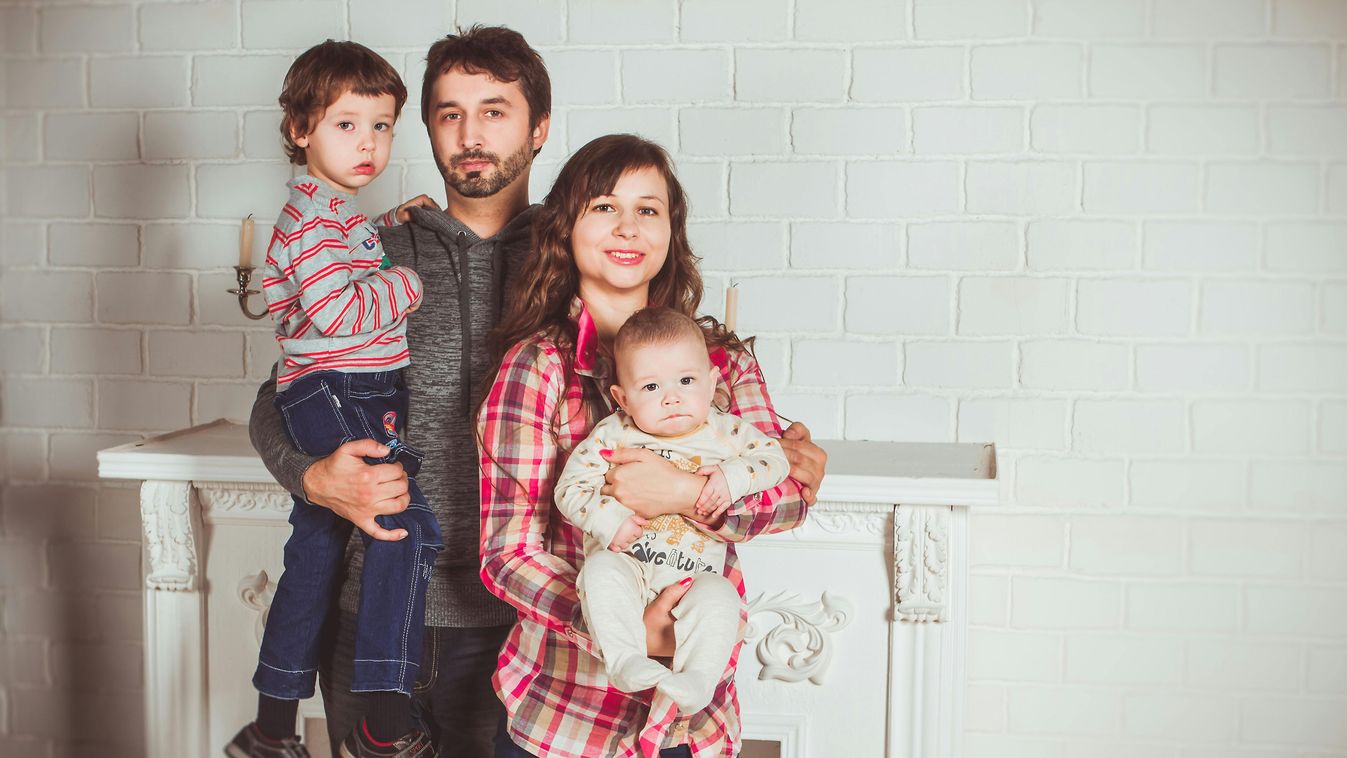


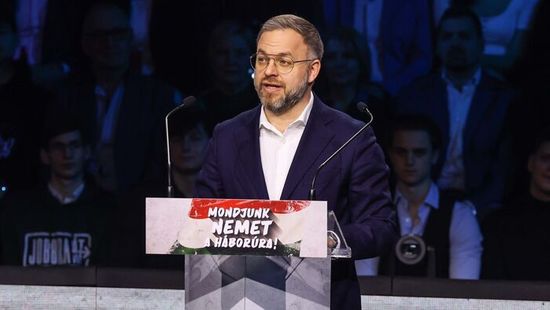



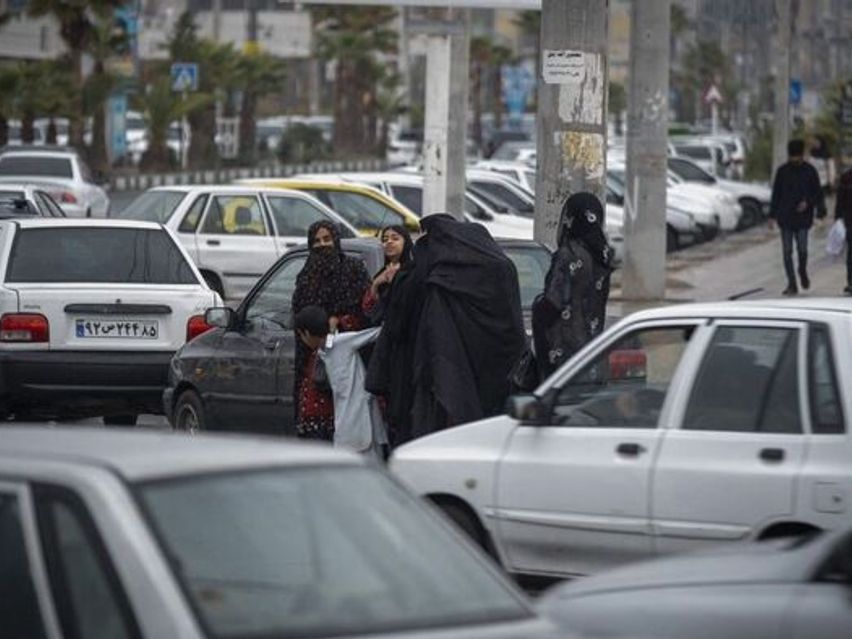
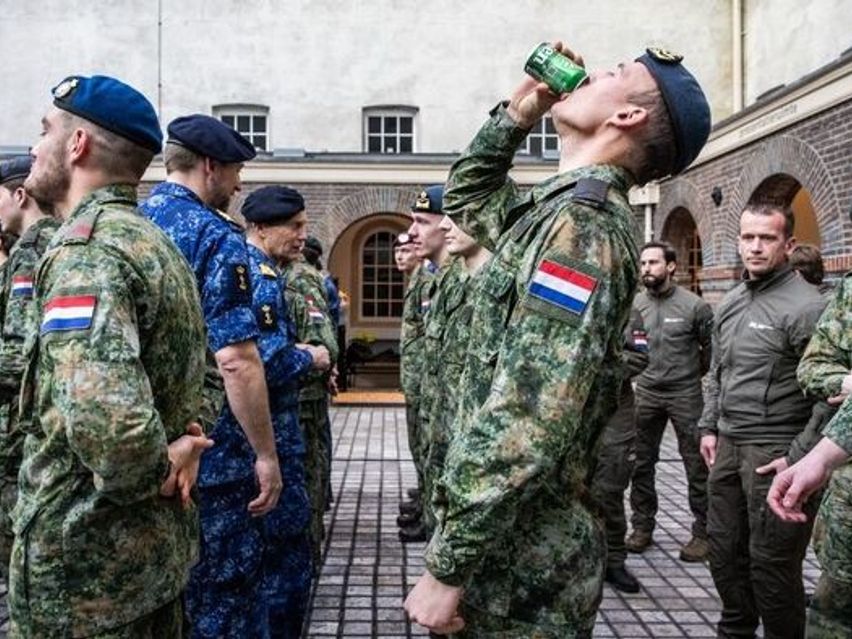
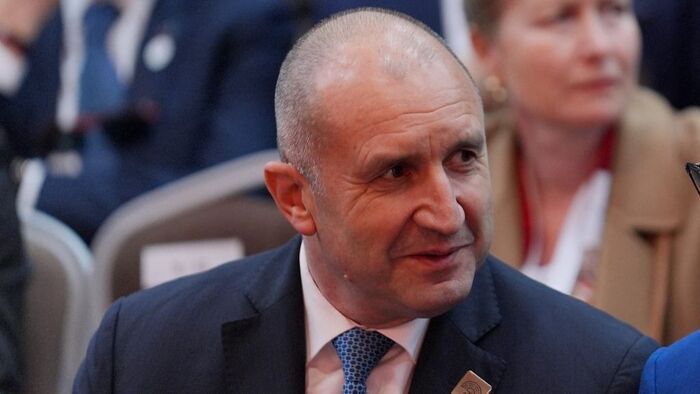


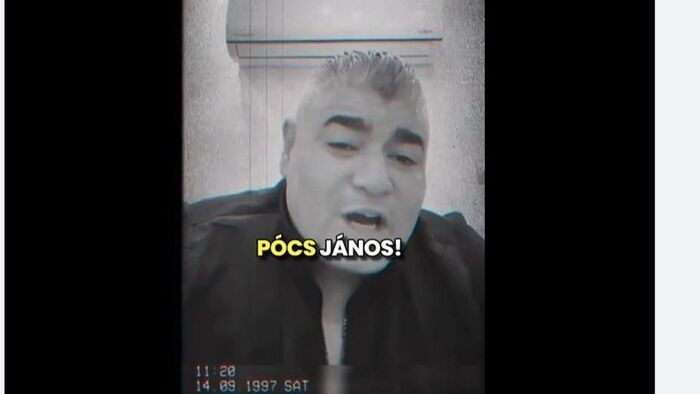
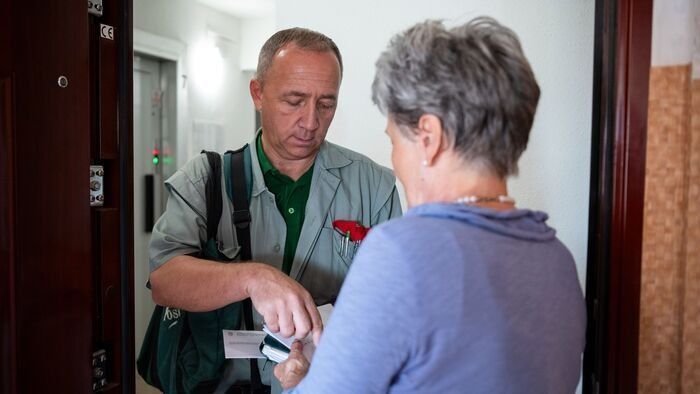
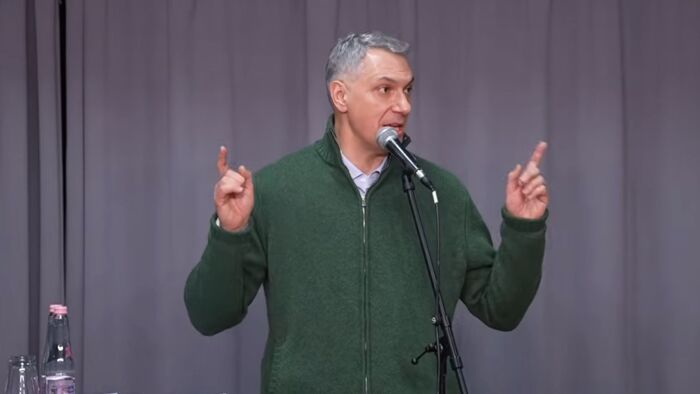








Szóljon hozzá!
Jelenleg csak a hozzászólások egy kis részét látja. Hozzászóláshoz és a további kommentek megtekintéséhez lépjen be, vagy regisztráljon!